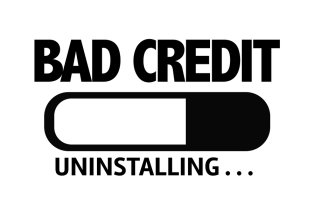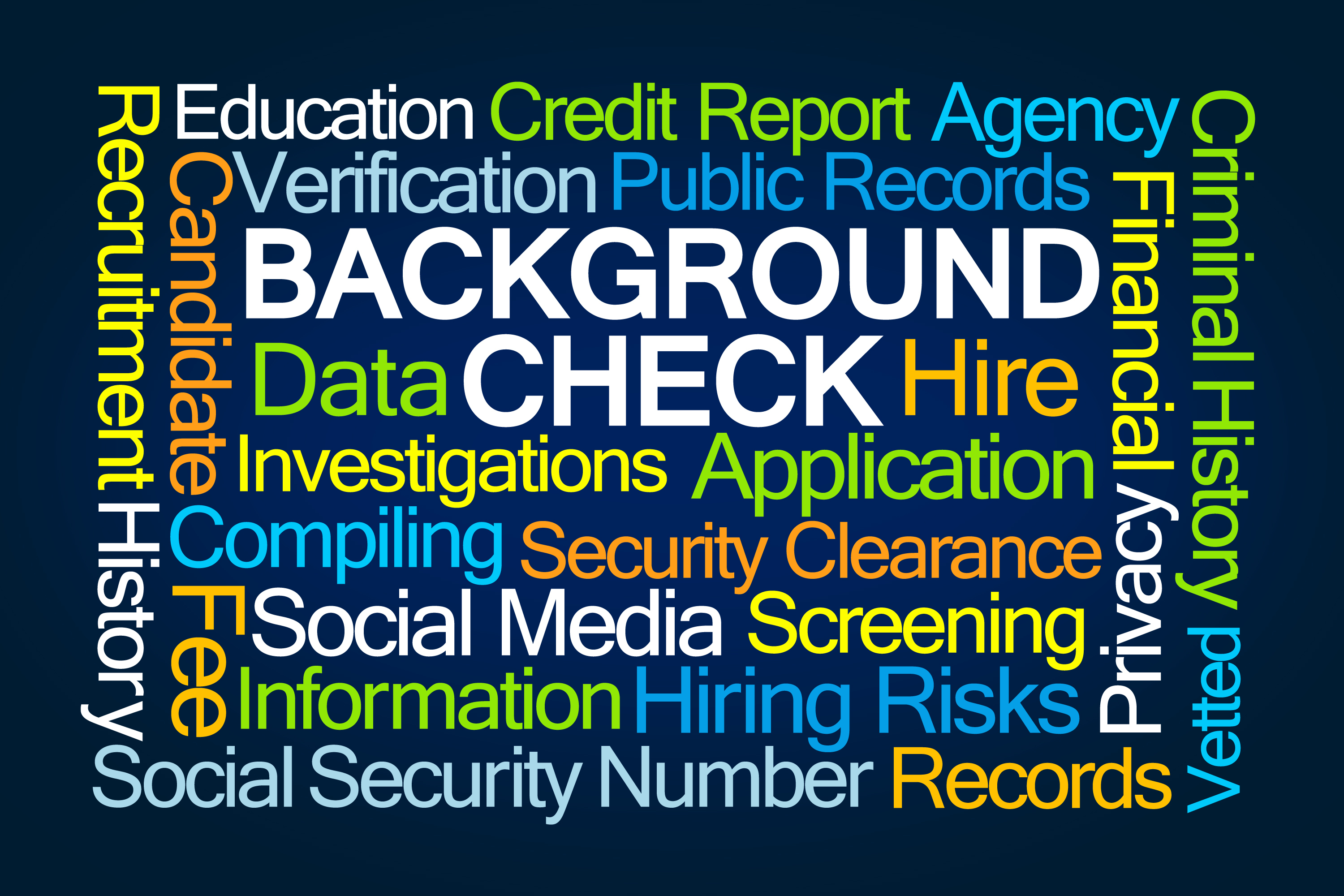How to save for this coming Spring Break
[vc_row css_animation="" row_type="row" use_row_as_full_screen_section="no" type="full_width" angled_section="no" text_align="left" background_image_as_pattern="without_pattern"][vc_column][vc_column_text]
There are a lot of words we think of when we see the words “cost-effective”: cheap, lesser, affordable, etc. and even though Christmas and New Year's day are not passed yet you know that you need to start spending smart and saving smart if you want to be able to go on those Spring and Summer Vacations.
26 December, 2018













